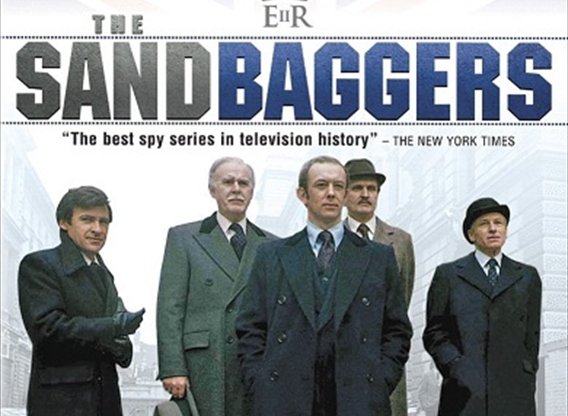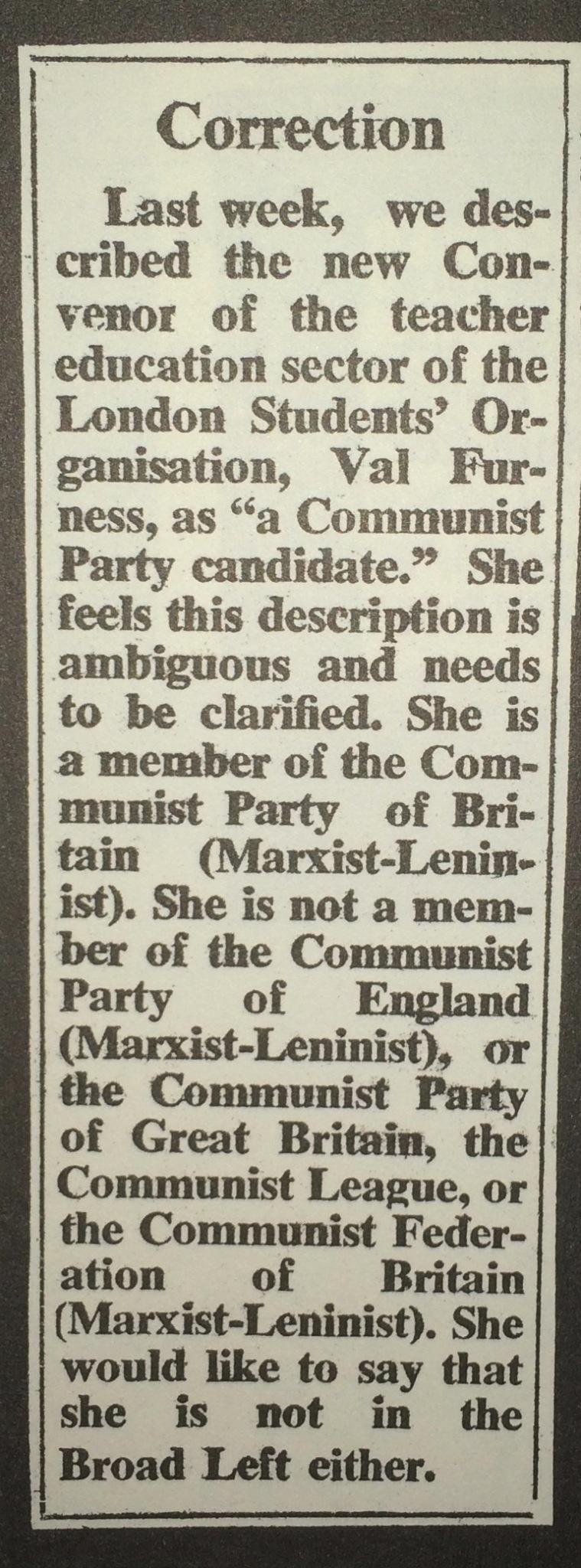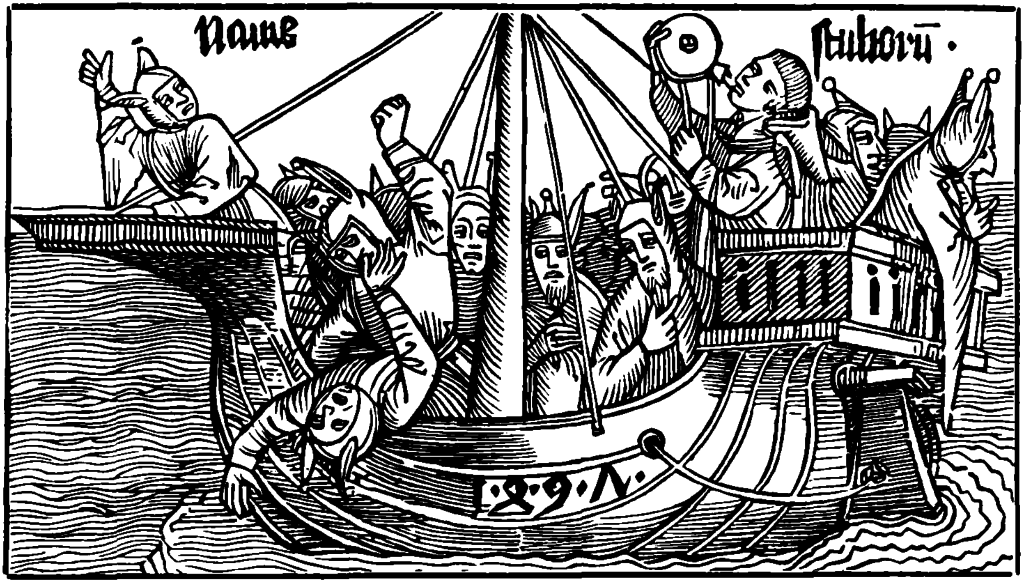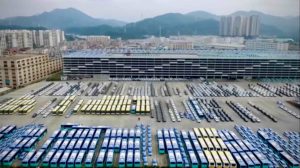“There is a great deal of ruin in a nation” (Adam Smith). The (pro tem) United Kingdom is bent on finding out how much, with Boris Johnson sweeping to a large election victory on a mendacious promise to “get Brexit done”.
In fact, all that’s certain is that the withdrawal agreement (text here) he negotiated will be signed and on January 31 the UK cease to be a EU member, and I an EU citizen .
But under this agreement (Articles 126 – 132) there will be a transition period in which all EU laws and rules still apply. For all practical purposes except decision-making the UK is still in, for a while. The period is set to end on 31 December 2020 (§126), but may be extended for up to two years by common agreement (§132) – but only before 1 July 2020. Johnson has promised not to ask for such an extension – but since neither the EU Commission nor independent experts believe a trade agreement can be finalised in 11 months, there are plenty of Perils-of-Pauline cliffhanger deadlines coming up. The risk of a No Deal crashout is still very much present.
Who’s to blame? There is a lot of it to share, in a corollary to Smith’s aphorism. Here is Inspector Wimberley’s short list of suspects, in rough chronological order.
1. Press barons: Murdoch, Dacre, etc. For decades, they have fed the British public a consistently biased diet of news on Europe, painting the Brussels institutions as a hostile foreign Them not the framework for a competitive common project like the World Cup. They have kept this up to the present day.
2. The BBC, failing out of cowardice and bothsideserism to act as a corrective to the biased press.
3. Farage and UKIP, who supercharged euroscepticism with nativist propaganda against refugees and immigrants.
4. David Cameron, who called a second referendum on EU membership in a bid to silence the UKIP threat to Tory heartland seats; worded it sloppily, as a vague unicorn aspiration not a concrete policy choice; and made no effort to extend the franchise to a million Britons abroad, excluding me and two of my children.
5. Putin’s FSB and its useful idiots who manipulated the referendum by exploiting social media for propaganda.
6. The British electorate, by falling for the con, three times.
7. Theresa May, for invoking Article 50 and triggering a withdrawal countdown without a negotiating strategy.
8. The DUP (hardline Ulster Protestant Unionists) for supporting May’s Article 50 invocation. You can’t blame them for not foreseeing the exact course the complex Irish border issue would take, but you can blame them for not realising that withdrawal inevitably sets up a clash with the Good Friday Agreement and creates grave risks to the Union – the main reason they are in Westminster.
9. Sinn Fein, for not taking up the seats in Westminster they regularly win, because they won’t take the oath of loyalty required of all new MPs; so the DUP’s folly went unchallenged.
10. Remainer backbenchers in the Commons, both Tories and Labour, and their ultimately ineffective leaders (Grieve, Soubry, Kyle, Umunna, etc). They had a clear majority, and managed to score one tactical victory in the Benn anti-No-Deal bill, but never got their act well enough together to secure a second referendum. Both Tory and Labour rebels were wiped out in Thursday’s election. Consolation prizes for principle and effort, but in politics, as Yoda said, “there is no try”.
11. Jeremy Corbyn, whose personal hostility to the EU prevented Labour from ever taking the clear Remain stance that large majorities of its members, MPs and voters wanted, and for pursuing the impossible dream of an electoral mandate for a hard left agenda at the expense of an entirely winnable second referendum. Also for being a sanctimonious North London 1970s lefty pacifist vegetarian stereotype and sucker for anti-semitic conspiracy theories.
12. Jo Swinson, leader of the LibDems, for not making an electoral pact with Labour at the start of the campaign out of a reasonable distrust of Corbyn and an unreasonable hope in an election triumph. She lost her Scottish seat to the SNP, and her party half its previous seats (though it increased its vote).
13. Boris Johnson, liar, womaniser, fat cat, and completely unprincipled demagogue. And his mad Svengali Dominic Cummings.
It strikes me that most of these are but-for causes. Leave out 2 (BBC), 9 (Sinn Fein) and 12 (LibDems), which are unlikely to have made a critical difference. The election wasn’t a close result. The Remainer backbenchers (10) at least tried and morally can’t be blamed. That leaves eight causes, for each of which you can make a strong but-for claim. If any one had gone very differently the UK would not be in this mess.
Any more?
That’s a philosophically disturbing conclusion. Summing over the many possible timelines since 2000, most end up with the UK still a member of the EU. The train wreck was just bad luck.
There is another reading, though.
(Stand by for next episode)
/cdn.vox-cdn.com/uploads/chorus_image/image/65885353/1193502582.jpg.0.jpg)



 Let’s stand a little back from the Brexit trainwreck – the kind you get when Dr. Evil hacks the signalling at
Let’s stand a little back from the Brexit trainwreck – the kind you get when Dr. Evil hacks the signalling at  So it’s more or less the zombie apocalypse, without weddings too. Their nightmare is that as the trucks (queuing for new customs checks at the ports) pile up on the two access highways, the M2 via Canterbury and the M20 via Maidstone, enterprising truck drivers will take to the side roads until these are jammed solid too. I suppose the council could buy electric bikes, so the plucky morgue staff can infiltrate past the stranded German trucks, in the 1940 spirit of
So it’s more or less the zombie apocalypse, without weddings too. Their nightmare is that as the trucks (queuing for new customs checks at the ports) pile up on the two access highways, the M2 via Canterbury and the M20 via Maidstone, enterprising truck drivers will take to the side roads until these are jammed solid too. I suppose the council could buy electric bikes, so the plucky morgue staff can infiltrate past the stranded German trucks, in the 1940 spirit of  Meanwhile, the Thames Valley plod*
Meanwhile, the Thames Valley plod*  If it does, it will probably be on the back of electrification. Electric buses are much quieter and smoother than diesel ones, as well as non-polluting. The market is growing fast, led by China’s 100,000 a year (ca. 20% market share).
If it does, it will probably be on the back of electrification. Electric buses are much quieter and smoother than diesel ones, as well as non-polluting. The market is growing fast, led by China’s 100,000 a year (ca. 20% market share).